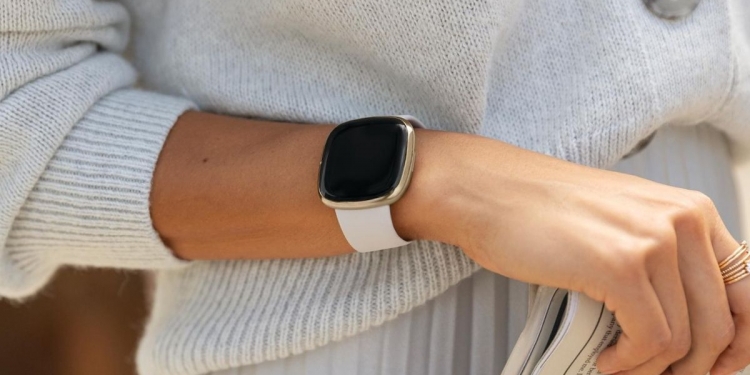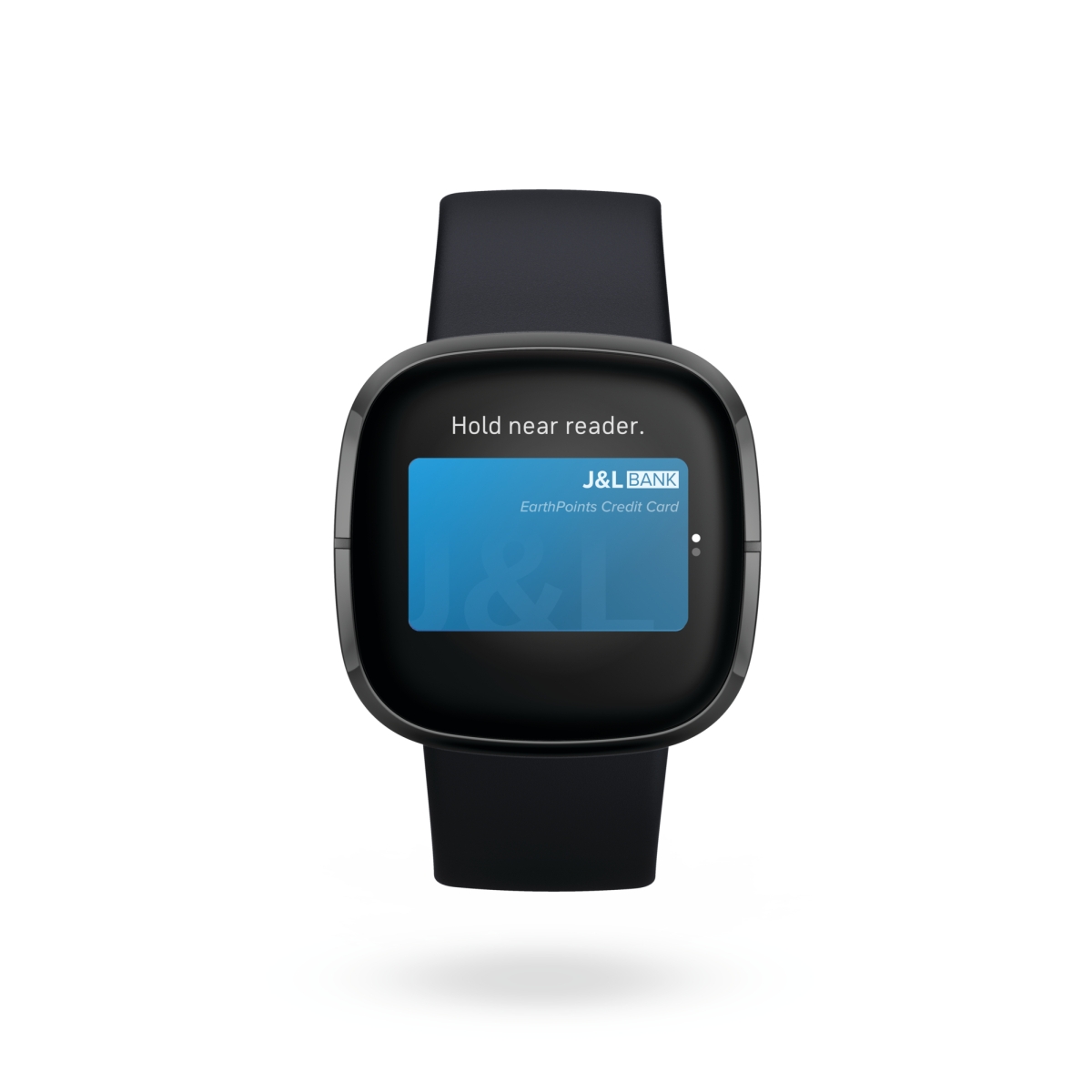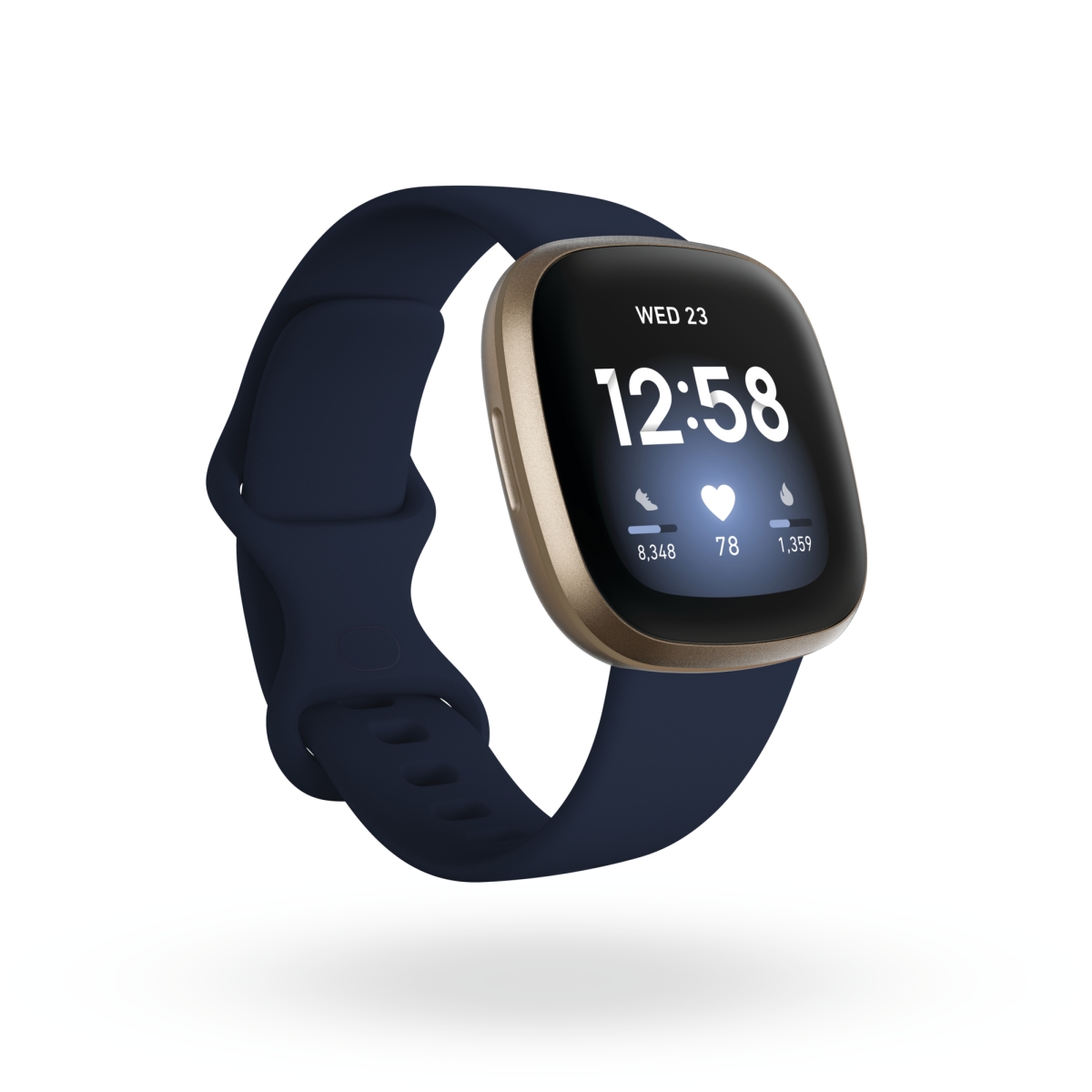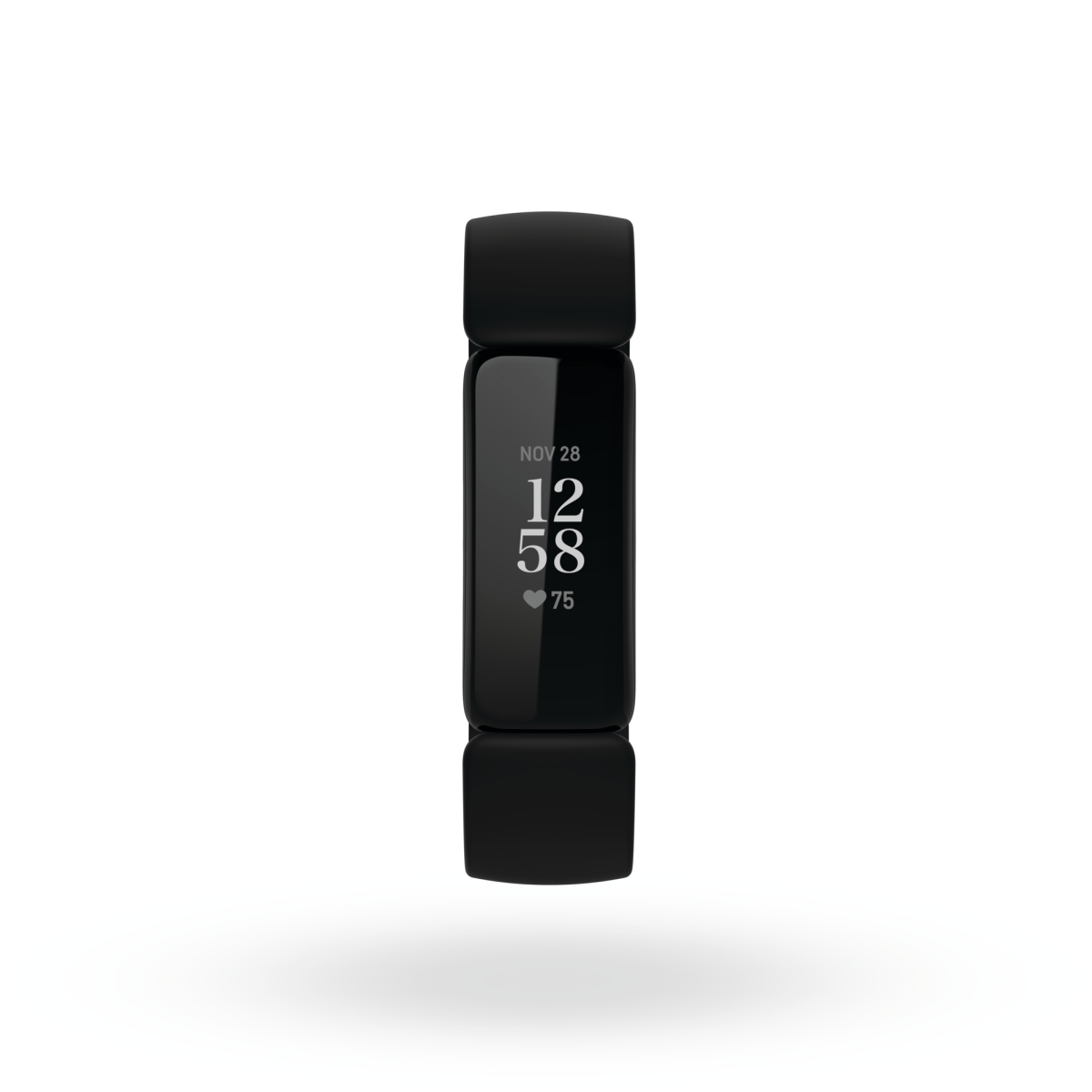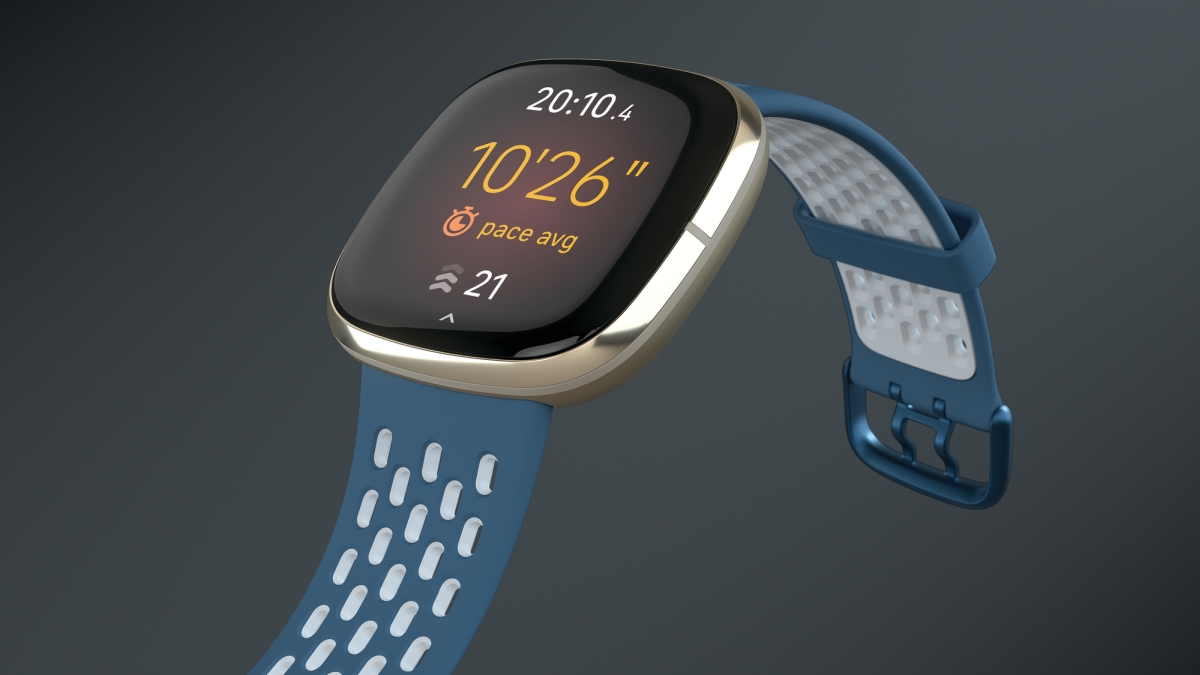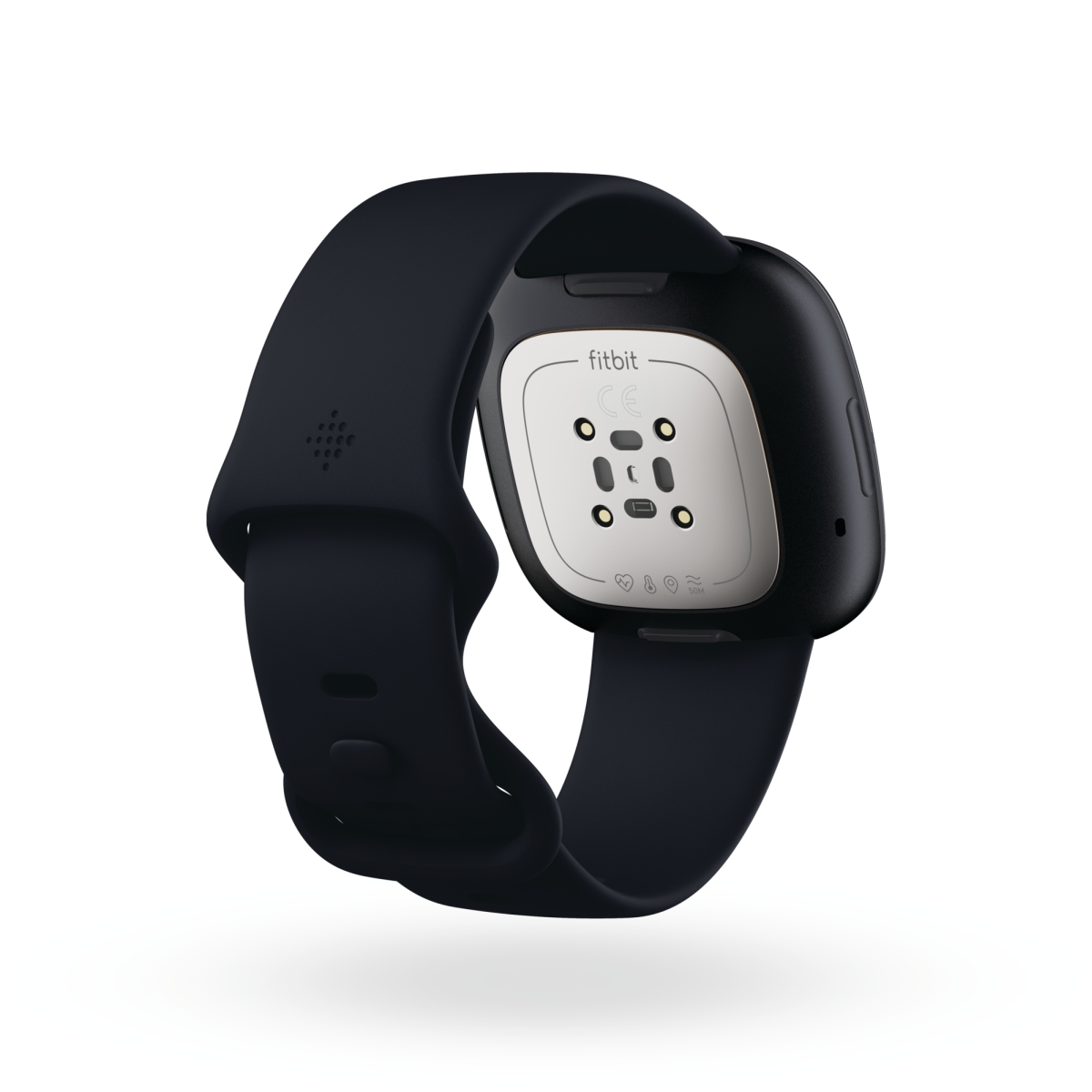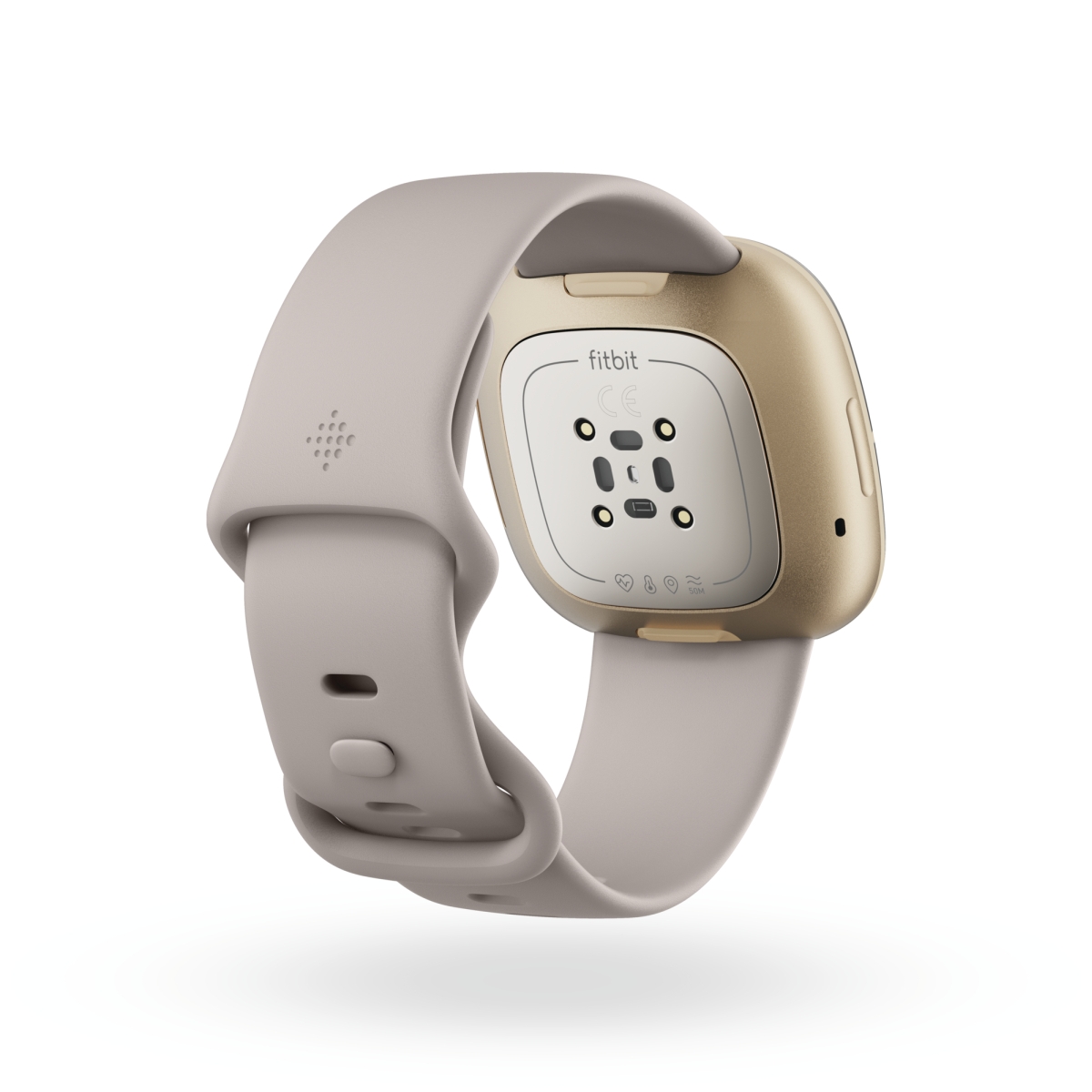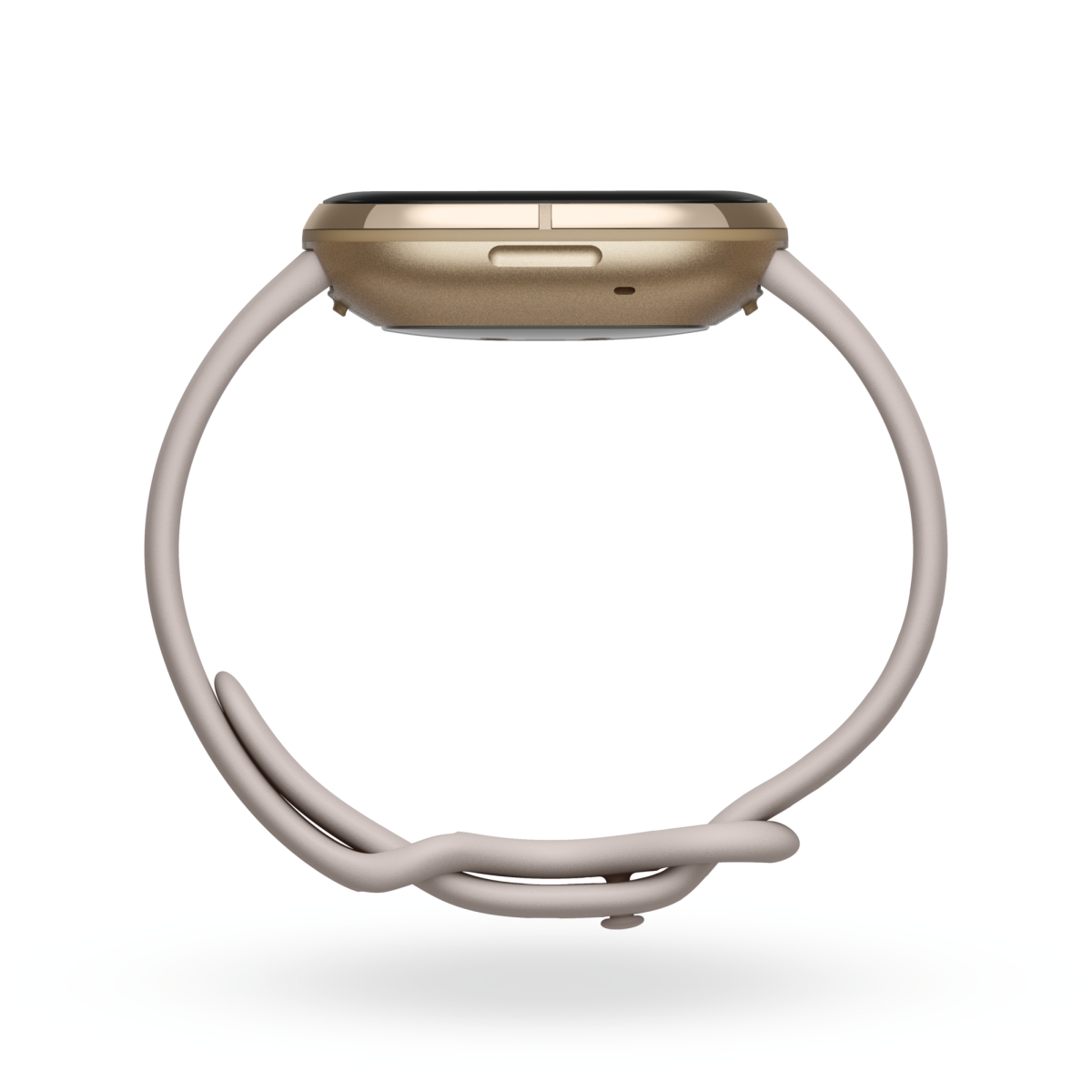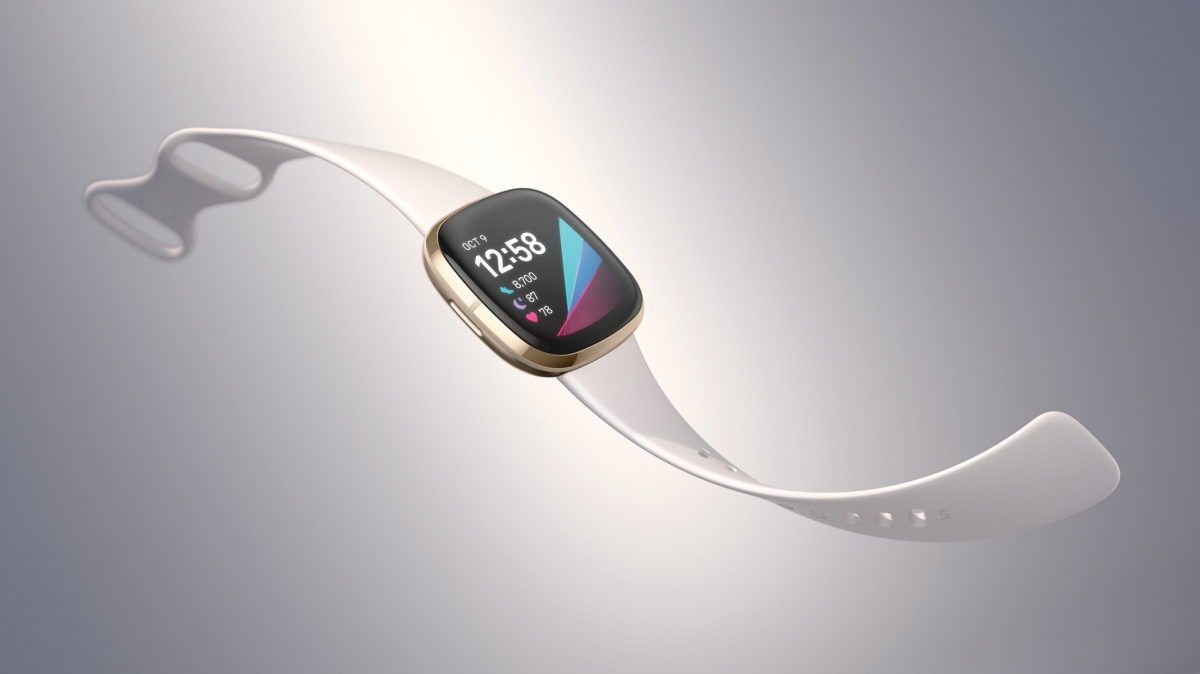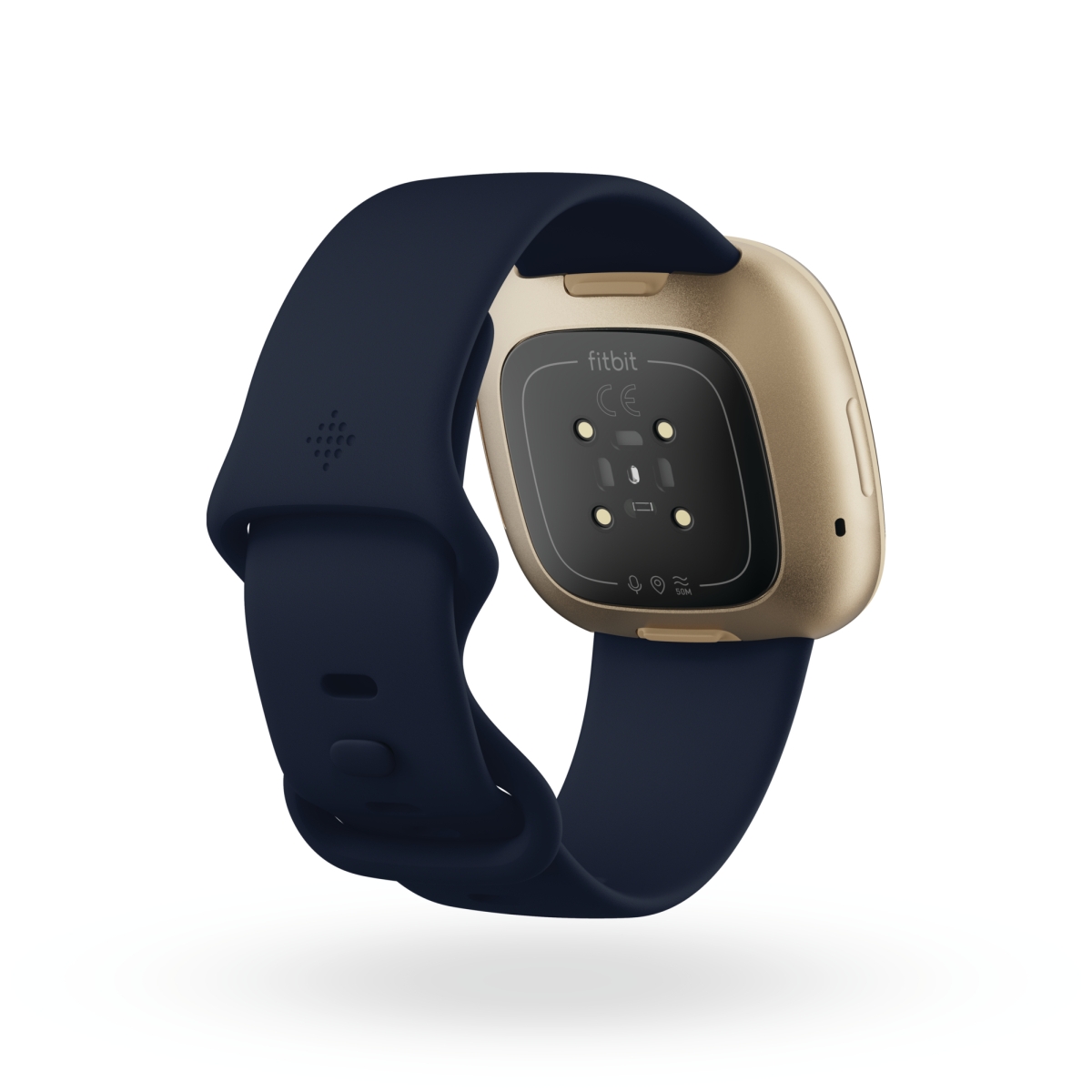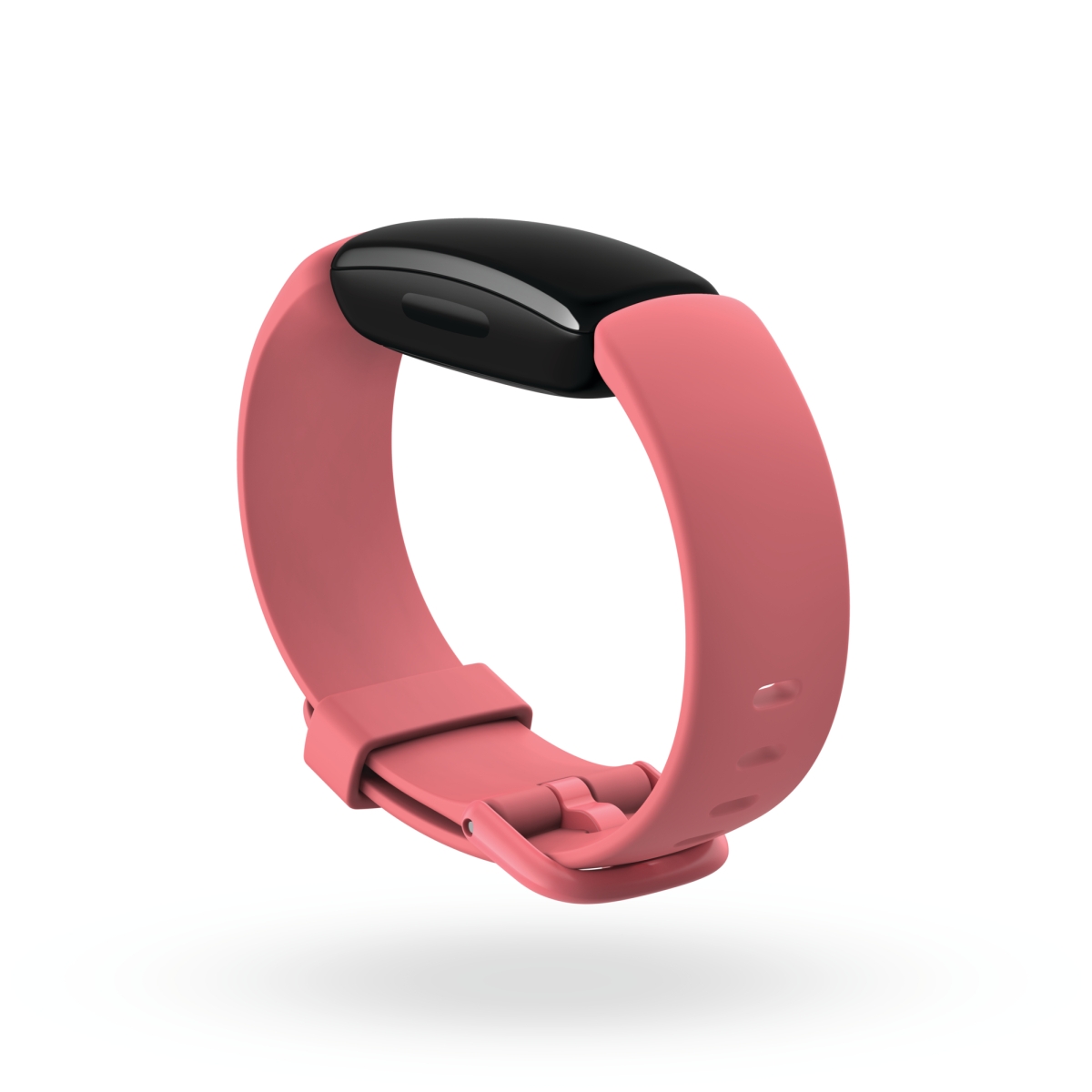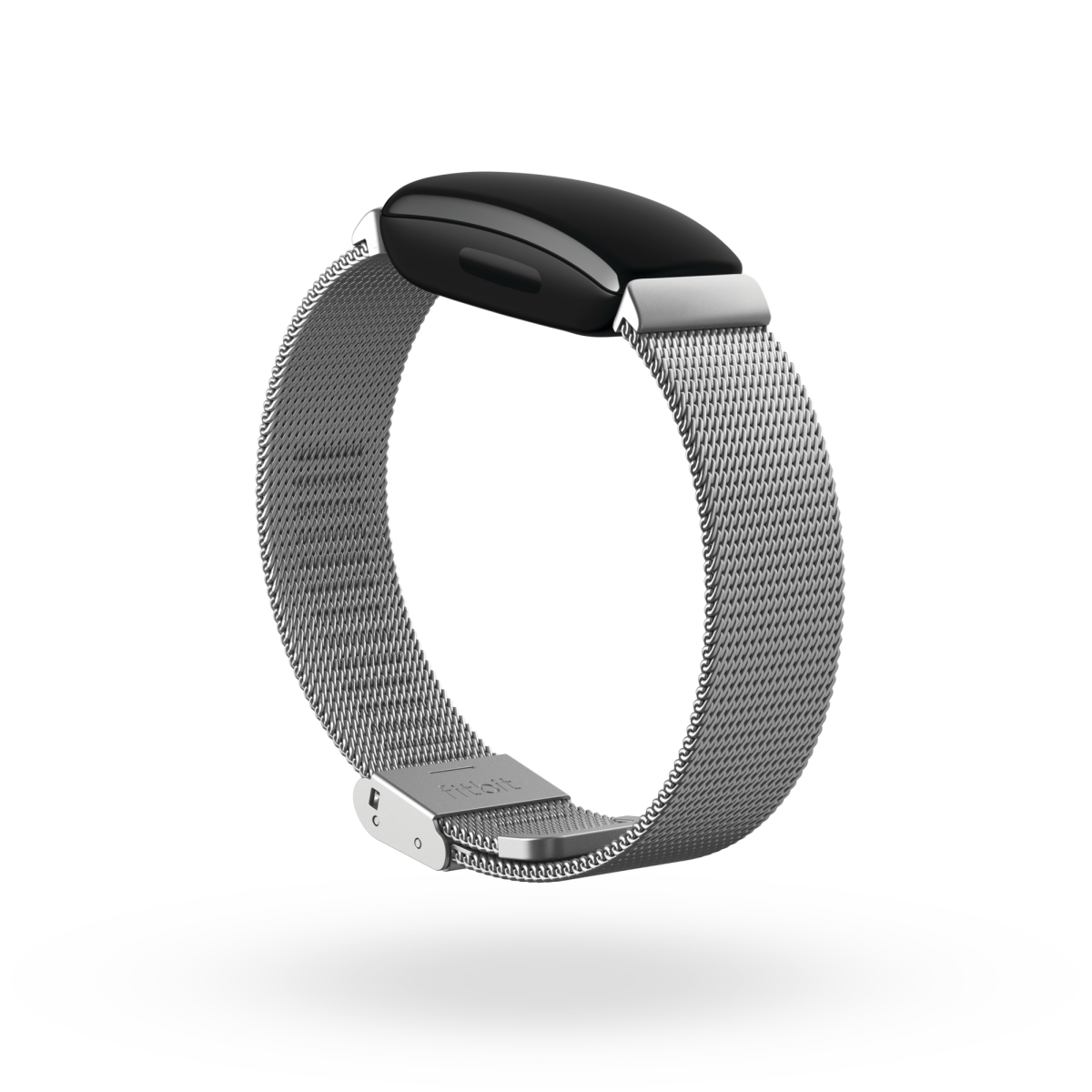Fitbit has announced a trio of new smartwatch models, including a brand new Fitbit Sense—a wearable that’s supposedly the company’s “most advanced health smartwatch”. Along with that comes the Fitbit Versa 3 with some significant upgrades over its predecessor, and the new (and still relatively affordable) Fitbit Inspire 2.
The three new smartwatches cover quite a wide range of users, with prices to reflect this. The good news? All three models are hitting Malaysian shelves soon, with global availability to begin in October 2020.
Pricing and availability
The Fitbit Sense, Fitbit Versa 3, and Fitbit Inspire 2 are all available for pre-order now on Fitbit.com, as well as select retailers. As mentioned, official availability will begin in October 2020.
Pricing is as follows:
Fitbit Sense – carbon/graphite stainless steel, lunar white/soft gold stainless steel – RM1,498
Fitbit Versa 3 – RM1,148
Fitbit Inspire 2 – RM498
Colour options of carbon/graphite stainless steal and lunar white/soft gold stainless steel are available for the Fitbit Sense, while the Fitbit Versa 3 is available in black/black aluminium, pink clay/soft gold aluminium and midnight/soft gold aluminium. If you’re keen, there are also REPREVE-branded recycled woven bands for the Sense and Versa 3 that are priced from RM168.
Specs and features
Fitbit Sense
Fitbit’s “most advanced” health smartwatch to date features advanced metrics that give users a better idea of how their body responds to stress. Using an EDA sensor, the watch can detect electrical changes in your sweat—this supposedly gives you a better understanding of how your body responds to stress.
In that same line of thought, Fitbit has also implemented a Stress Management Score feature. This measures your stress response by gauging your heart rate, sleep, and activity level data, and offers a score (from 1–100) to give you an indication of your stress levels.
Other notable health features include the ECG sensor that Fitbit has included. The Fitbit Sense will be the company’s first ever wearable that uses an ECG app to detect symptoms of atrial fibrillation (AFib)—a condition that can cause an irregular and abnormally fast heart rate. And of course, the Sense will support 24/7 wrist-based heart rate tracking via a new multi-path heart rate sensor, and PurePulse 2.0 technology.
However, do note that this is subject to regulations in different countries, so the ECG sensor may not work in certain markets. For now, Fitbit says that the ECG sensor on the Sense is subject to clearance in the U.S.
Fitbit also promises a decent battery life of 6+ days, with a full day’s charge taking just 12 minutes. You’re also getting built-in GPS, and water resistance of up to 50 metres. There’s a built-in microphone and speaker with support for Google Assistant and Amazon Alexa voice assistants; however, Fitbit says that Google Assistant and Bluetooth calls are only coming in “late 2020”.
According to Wareable, the Fitbit Sense features a 1.58″ AMOLED display that pushes a resolution of 336 x 336 pixels. Finally, Fitbit says that a “faster processor” now means that this is the “most intuitive, focused on-screen navigation” you can find on a Fitbit wearable.
Fitbit Versa 3
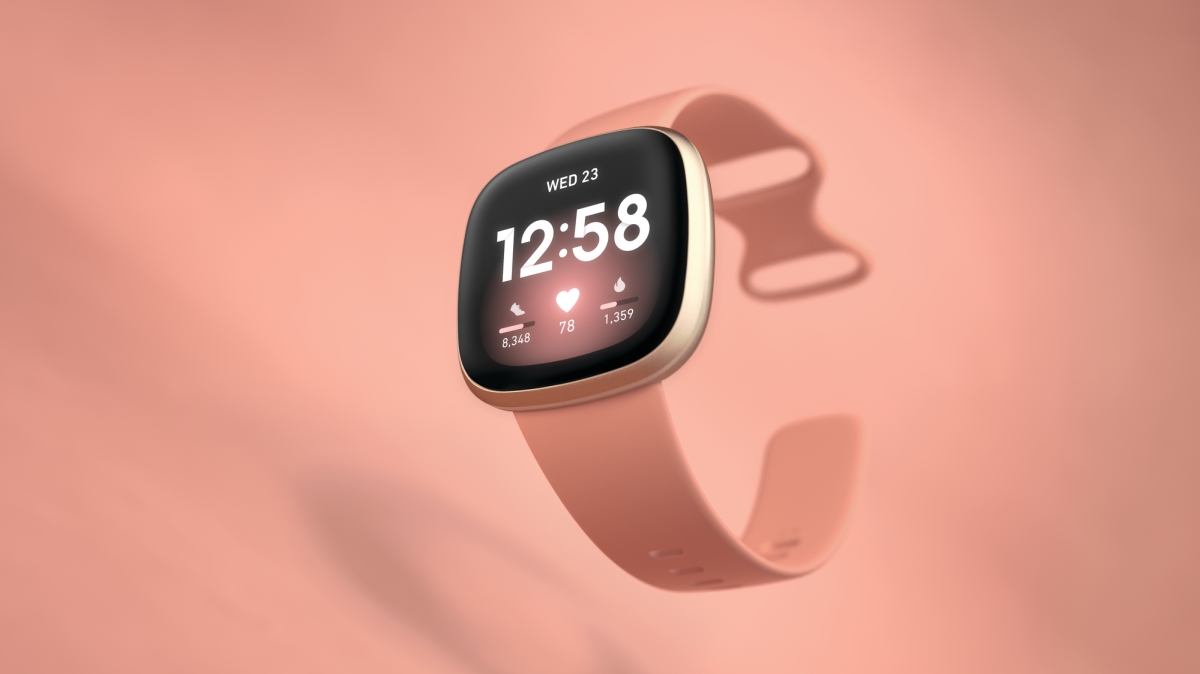
Meanwhile, the company has also announced a new Versa—the company’s answer to smartwatches like the Apple Watch. The Fitbit Versa 3 has two main upgrades over its predecessor: Google Assistant support and built-in GPS. Again, Fitbit caveats this by saying that Google Assistant will only work from “Winter 2020”.
You still get PurePulse 2.0 tech, along with Fitbit’s latest range of health features—and Fitbit Pay. Battery life is around the same as the Sense, with the Fitbit Versa 3 promising 6+ days of battery life. You’ll be able to take the Versa 3 swimming, too, with water resistance of up to 50m.
Similarities with the (more expensive) Sense also extend to the display, with Wareable saying that the Fitbit Versa 3 sports an identical 1.58″ AMOLED display. And, for the first time, you’ll be able to use the same magnetic charger on both the Fitbit Sense and the Fitbit Versa 3. Neat.
Fitbit Inspire 2
Lastly, we have the Fitbit Inspire 2. Fitbit’s affordable tracker now supports more advanced health features such as Active Zone Minutes, along with 24/7 heart rate tracking. Like many other fitness bands, there isn’t built-in GPS, although you do get a touchscreen display that is “brighter and more vibrant” than the first Inspire wearable.
The highlight of the features is probably the 10-day battery life promised by Fitbit. This makes the Fitbit Inspire 2 the king of battery life—or at least, among other Fitbit devices. To sweeten the deal, Fitbit is also throwing in a one-year free trial with Fitbit Premium, which offers “guidance and motivation” on your wellness journey.
So, what do you think? As mentioned, all three models are now available for pre-order, and they cover quite a wide range of users. For light uses who want basic health traacking, the Inspire 2 is the one—but if you have a bigger budget, and you’re looking for more capable hardware? The Versa 3 and the all-new Fitbit Sense might check the boxes for you.

